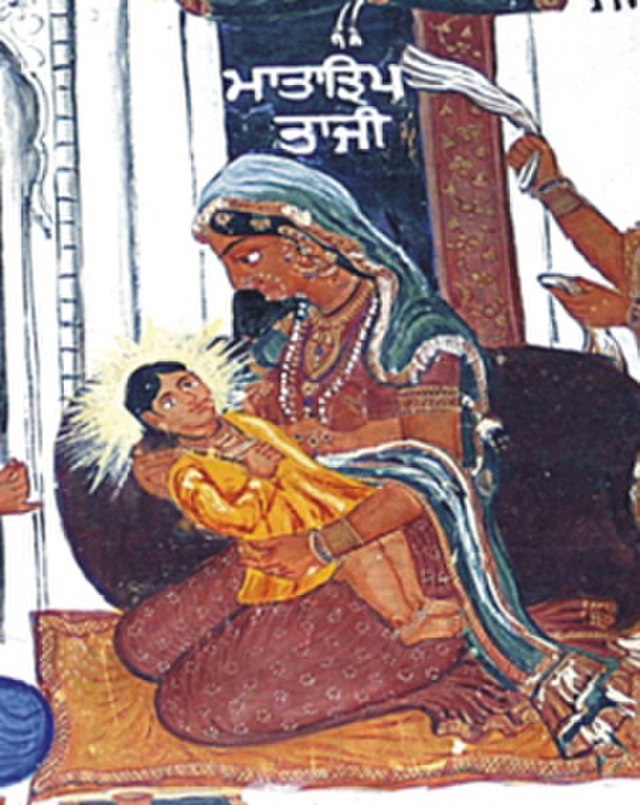
Growing up on the edge of Toronto meant long commutes on the bus. Before Bluetooth speakers, the most intrusive sounds on the bus were the wails of a crying baby. I wondered how a parent would dare to bring a crying baby onto our communal transport tube and make us suffer. Then, as an early adult, the crying kids didn’t bother me anymore. But the sigh of an exasperated parent moved me in a different way. What happened? The obvious answer is that I grew up, but what about growing up changed me? When I was younger I was closer to childhood myself and thus suffering from myopia. The world was mine and I was meant to morph it to my whims. I was the future. Then, at some point, I phase transitioned into an adult. That crying kid on the 60 Steeles Westbound bus at 4 pm was the future instead. She deserved to be heard by the rest of us.
My first kid will be born in a few days, so it’s the perfect time for existential navel-gazing. In an era of cratering birthrates, it’s hard not to think of having kids as, in part, a bet on our civilizational future. At the peak of our impactful years, we divert a lot of our potential energy to raising proto-humans, instead of doing literally anything else. How do people justify this trade-off? Instead of working on the world’s many problems, they decide to teach a new being elementary things, like walking and talking. In fact, parenthood is teaching things you’ve only recently gotten a grip on, like how to work hard and love well.
A part of me is saying, ‘I’m 35 and thought I’d have done so much more by now’. After becoming a father, the self-obsessed version of Ranbir will be dead forever. He started dying the day he fell in love, but he’ll be buried when tiny new fingers curl around his thumb. This feels like the end of the Ranbir building things to leave his own mark. But the longer I look, the more examples of successful parents I come across, whose greatest non-parenting accomplishments came well into the second half of their lives.
I think the root of my dilemma is an oversimplified idea of progress. I conceptualized each generation’s work as starting at the end of the previous one’s, instead of seeing the overlap. We teach the next generation how to continue building what we’re not done with ourselves.
We’re running in a recursive loop where we teach a variation of our parent’s code, with our slant of youthful rebellion tacked on. Society really looks like the spiral spine of a school notebook, looping backwards to make progress upwards. It’s probably best that we’re teaching what’s still newish to us. It reinforces things for the teacher just as much as it sparks the student. Parenting also allows us to see bugs in our code sooner. This pedagogical debugging is crucial. It’s why I was taught typing instead of Pitman’s Shorthand. This debugging is also an infinite process. We all agree to teach kids to talk, but we disagree on what should come out of their mouths.
Parenting doesn’t actually divert us from our best work, but informs what that work should be. It’s no coincidence that we’re the most instrumental when we’re older. It takes a long time to:
- Earn enough seniority to lead the local church
- Reach beyond the limits of a scientific domain
- Attain enough financial success to donate millions to charity
Having kids is also assurance that the shared inheritance of our earth will be sustained. If enough of us opt out, there’ll be no world to pass on. Solving hunger means little when there’s no one left to get hungry. So why do we decide to juggle raising kids with making our own impact? Because we can do both. We must become our best while we teach others to just become.
I’m learning to reconcile individual success with multigenerational success. Every parent figures this out real soon. It’s the reason we’re actually about to complete the Sagrada Familia - 144 years (or 7 generations) after work first commenced. If you look closely, you’ll see modern-day cathedrals going up in physical and digital space. Kids are meant to displace us as the centre of our narrative, and we need that humility to build great things. Not just for us, but for everyone else on the bus.
